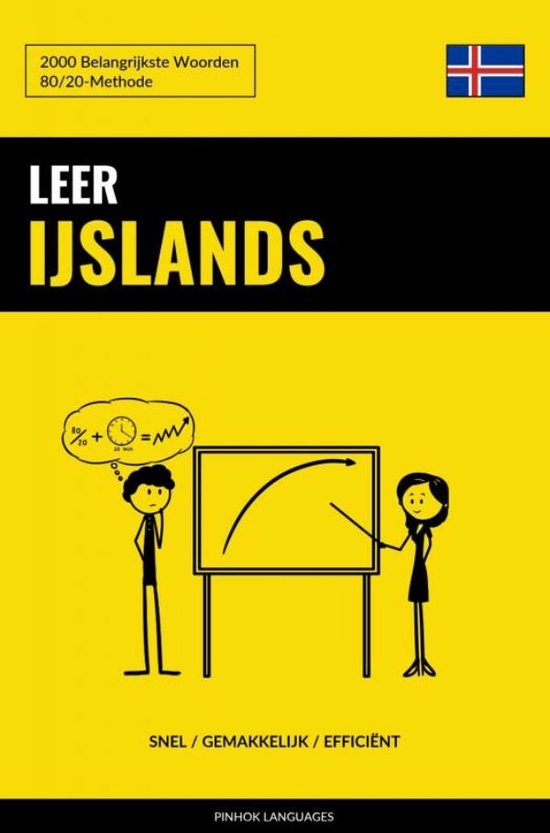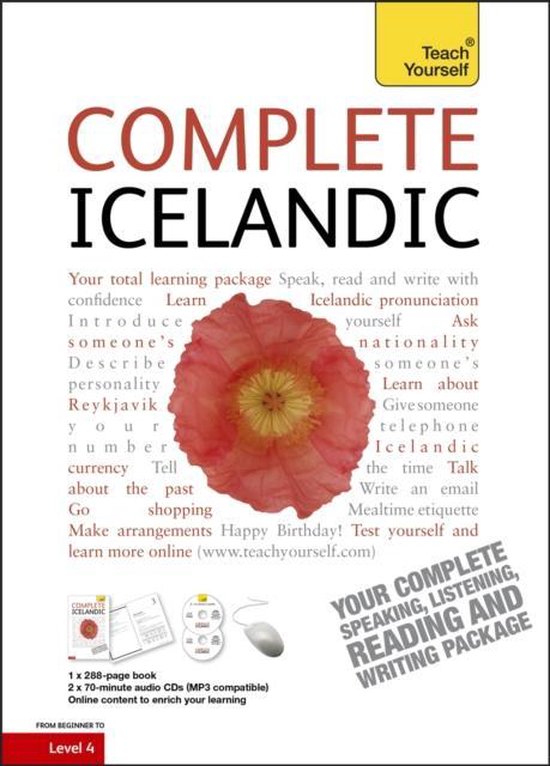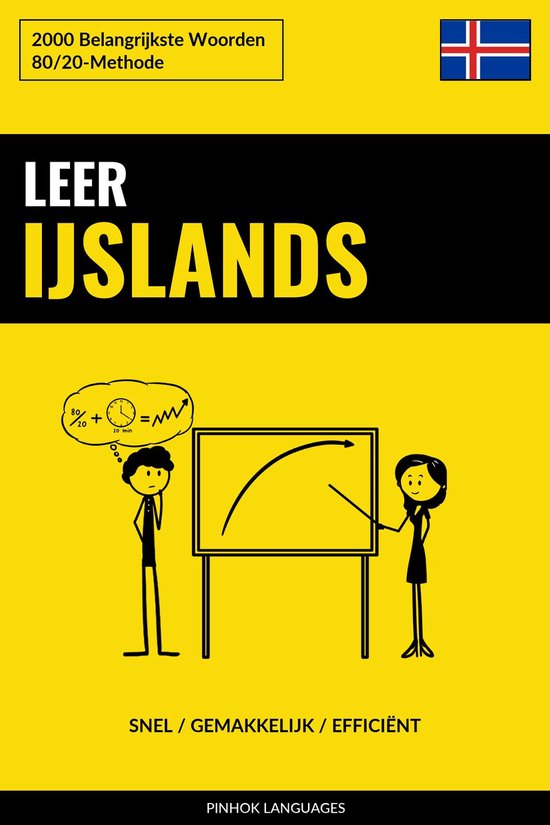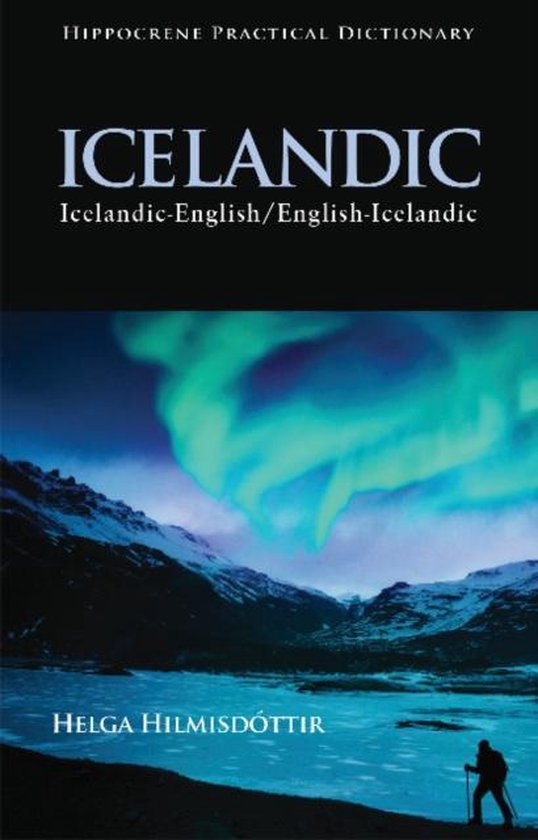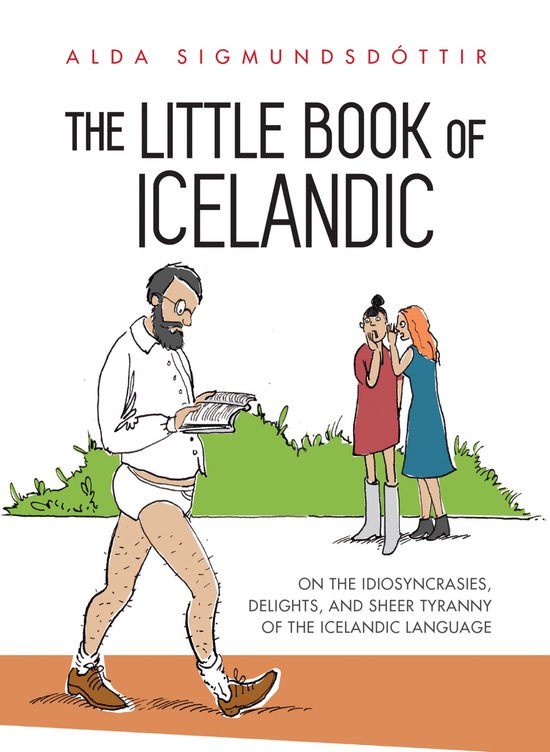
The Little Book of Icelandic
Icelandic is one of the oldest and most complex languages in the world. In this book, Alda Sigmundsdóttir looks at the Icelandic language with wit and humor, and how it reflects the heart and soul of the Icelandic people and their culture. Many of the Icelanders' idioms and proverbs, their meaning, and origins are discussed, as is the Icelanders' love for their language and their attempts to keep it pure through the ongoing construction of new words and terminology. There is a section on Icelandic curse words as well as Icelandic slang, which is mostly derived from English. Throughout, this book deconstructs Icelandic vocabulary, and the often-hilarious, almost naive, ways in which words are made.
Among the fascinating topics broached in The Little Book of Icelandic:
• The Language Committee: how Icelanders struggle to keep their language “pure”
• Let's make a word!—How names for new things are constructed
• Old letters, strange sounds: wrapping your tongue around the Icelanders’ tongue
• $#*!%&!“#$%*, or how Icelanders curse
• The missing dialects—why Icelandic has none
• Which is the prettiest of all: contests to find the most lovely word in Icelandic (and the ugliest!)
• Quintessential Icelandic words and phrases (the ones that describe the Icelanders like no others)
• Useful phrases to impress your new Icelandic friends!
• Klósett—the unexpected origin of the Icelandic word for toilet
… and so much more!
This is a must-read book for anyone interested in the Icelandic people, their culture—and of course their language.
**Excerpt
"**Idioms and proverbs provide a unique insight into the soul of a nation. They say so much about a people’s history—the heartfelt, the tragic, the monumental, the proud. Icelandic has a vast number of idioms and proverbs that are a direct throwback to our nation’s past, especially idioms relating to the ocean, which is such a massive force in our nation's history. Many of them we use all the time without ever giving a thought to their origins. What follows is a random sampling—I hope you enjoy reading about them as much as I did.
—
Idiom: Eins og skrattinn úr sauðaleggnum
Translation: Like Satan out of the sheep’s leg bone
Meaning: Unexpectedly, out of the blue
If someone suddenly appeared, especially someone I didn’t really want to see, I might say hann kom eins og skrattinn úr sauðaleggnum, literally “he appeared like Satan out of the sheep’s leg bone”.
Where the affiliation between a sheep’s leg bone and the prince of darkness comes in I could not tell you. However, I can tell you that, in the old days, Icelandic children (being impoverished and everything) had no proper toys. Instead, they played with sheeps’ bones, each of which was assigned a role. The jawbones were the cows, the joints of the legs were the sheep, and the leg bones were the horses. So maybe folks were worried that Satan—being the crafty bugger that he was—would install himself in a sheeps’ leg bone when the kids were playing and then suddenly BOO! pop out and scare the bejeezus out of them.
It’s just a theory.
Incidentally, the use of this idiom is not confined to people—it is also successfully used to comment on unwanted happenings, as in: “Damn, this huge phone bill comes like Satan out of a sheep’s leg bone!”
| Auteur | | Alda Sigmundsdottir |
| Taal | | Engels |
| Type | | E-book |
| Categorie | | Mens & Maatschappij |
